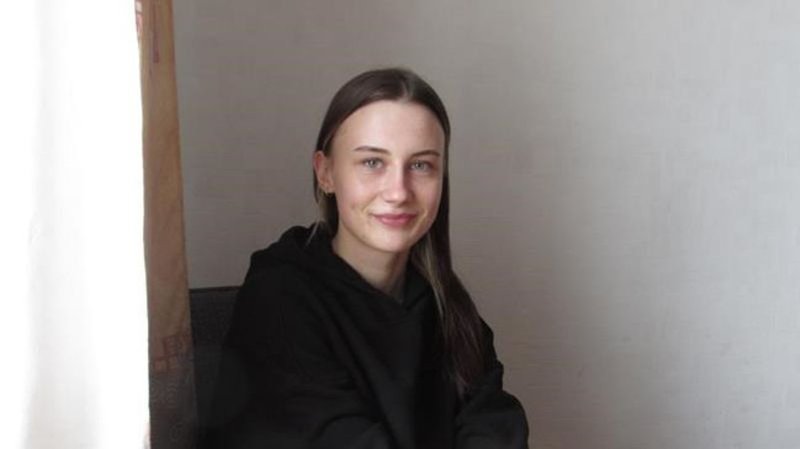
‘I wasn’t afraid of them’: Ukrainians build new lives, help others after invasion
KYIV, Ukraine — When Katerina Mischenko looks out the window of her 14th-floor apartment in an older, somewhat rundown neighbourhood in Kyiv, she doesn’t see the graffiti on buildings across the street or the old woman rummaging through a garbage bin below.
Instead, she focuses on laughing children playing tag in a playground and the thought that she is safe and free.
Mischenko has made a new life, sharing a home with her sister and her husband, after fleeing Russia’s bloody invasion of Mariupol, a port city some 740 kilometres southeast of the capital.
The tiny elevator comes to a sudden stop with a clunk and, when the door to Mischenko’s apartment opens, a cacophony of complaints comes from her hungry kitten, Sonyi.
